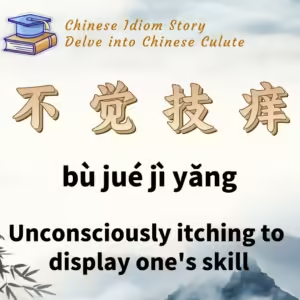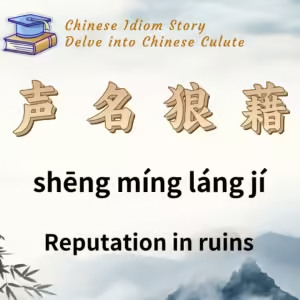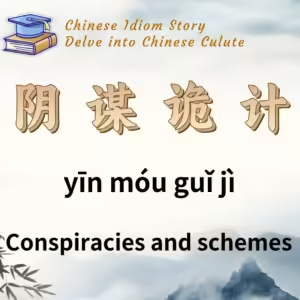
Chinese Idiom: 逼上梁山 (Bi Shang Liang Shan)
English Translation: Forced onto Liang Mountain
pīn yīn: bī shàng liáng shān
Idiom Meaning: This idiom refers to being compelled to resist or revolt; it can also mean being forced to do something reluctantly or out of necessity.
Historical Source: The idiom originates from the classic Chinese novel Water Margin (《水浒传》).
Idiom Story:
During the late Northern Song dynasty, a wave of peasant uprisings severely challenged the feudal ruling class represented by Emperor Huizong Zhao Ji, Chief Minister Cai Jing, and Grand Marshal Gao Qiu. Water Margin primarily narrates these peasant rebellions and is a lengthy novel that portrays heroic figures such as Song Jiang, Li Kui, Wu Song, Lin Chong, and Lu Zhishen. Their stories expose the brutality and corruption of the feudal ruling class while highlighting the social contradictions of the time. The authorship of Water Margin is attributed to either Shi Nai’an or Luo Guanzhong, with some suggesting that Shi wrote it and Luo edited it. Both authors lived during the late Yuan and early Ming dynasties.
Among the peasant rebel leaders on Liangshan, Lin Chong was a skilled warrior. Originally a subordinate of Gao Qiu, he served as an instructor in the elite troops of 800,000. Gao Qiu’s foster son, Gao Yanei, coveted Lin Chong’s wife and plotted to frame Lin so he could seize her. Gao Qiu lured Lin into the White Tiger Hall under the pretense of discussing military matters and falsely accused him of plotting to kill the chief by bringing his sword into the hall, leading to Lin’s banishment to Cangzhou.
On the way to Cangzhou, Gao Qiu ordered two bailiffs to kill Lin in the Wild Boar Forest, but Lin was saved by Lu Zhishen. After arriving in Cangzhou, Lin was assigned to manage a pasture as punishment, but Gao Qiu attempted to have him killed by setting the pasture on fire. At that time, Lin learned that his wife had committed suicide. After enduring unbearable suffering, he finally drew his sword and killed Gao Qiu’s accomplice, Lu Qian. With no escape route left, he was compelled to join the Liangshan rebel army, thus symbolically “being forced onto Liang Mountain.”






